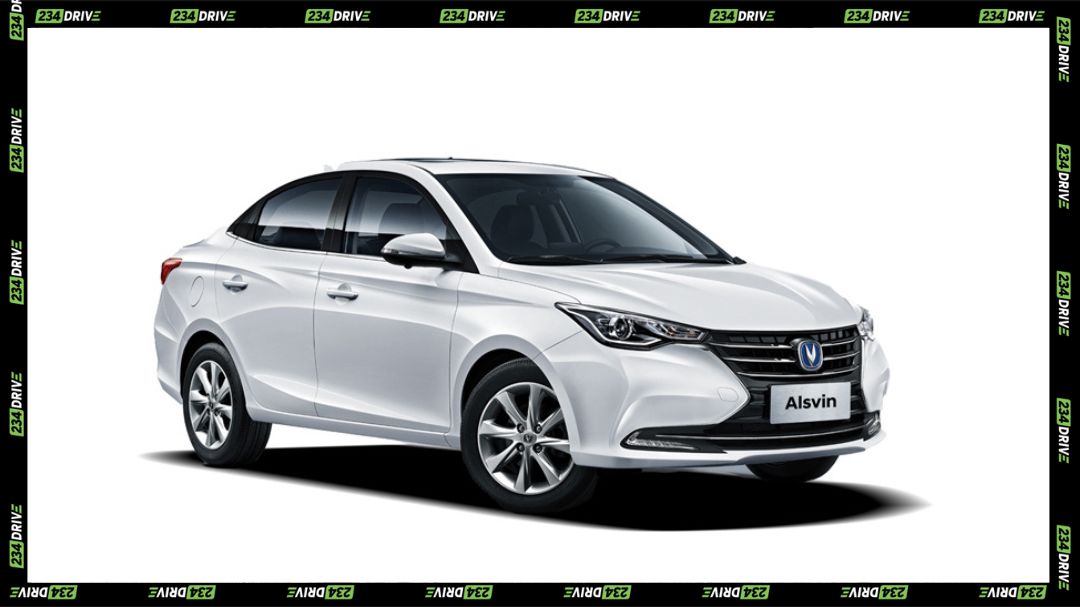In Nigeria’s climate and driving conditions, car batteries face high demands due to heat, rough roads, and heavy electrical loads. High temperatures accelerate fluid loss and internal wear, while poor road conditions and constant traffic add extra strain. Without proper care, these factors quickly lead to reduced performance or complete failure.
Consistent maintenance is essential to ensure your vehicle starts reliably, keeps all electrical systems functional, and avoids costly downtime. This guide explains the main causes of battery failure in Nigeria, practical steps for extending battery life, and the wider operational and financial effects of keeping your battery in top condition.
This guide is for every Nigerian car owner who wants to avoid the frustration of a dead battery and enjoy reliable car performance year-round.
Why Car Batteries Fail in Nigeria
Car batteries in Nigeria often suffer from heat damage, poor maintenance, and irregular charging. Here are some common reasons they fail:
- Excessive Heat: High ambient temperatures cause battery fluid to evaporate, damaging internal components.
- Corrosion: The terminals and cables corrode quickly in humid or coastal regions.
- Short Trips: Frequent short-distance driving doesn’t give the alternator enough time to recharge the battery fully.
Electrical Load: Adding accessories like subwoofers, dash cams, and spotlights without upgrading the battery or alternator puts excess pressure on the system.
Essential Battery Maintenance Tips
Essential Battery Maintenance Tips
These steps outline practical measures every driver in Nigeria should follow to keep their car battery in optimal condition. Regular checks, cleaning, proper usage, and timely replacement will help maintain reliability, prevent sudden failures, and extend the battery’s service life.
1. Inspect the Battery Regularly
Check the battery every two weeks for corrosion, loose cables, cracks, or swelling. Clean off dirt or dust to prevent buildup that can hinder performance.
2. Clean the Terminals
Mix baking soda and water to clean the terminals. Rinse, dry, and apply petroleum jelly or terminal grease to reduce future corrosion.
3. Monitor Electrolyte Levels
If using a serviceable battery, check electrolyte levels monthly and top up with distilled water when necessary. Never use tap water.
4. Secure the Battery
Ensure the battery is mounted firmly to prevent damage from vibrations on rough roads.
5. Avoid Frequent Jump Starts
Repeated jump starts indicate a weak battery. Test it and replace if it no longer holds a charge.
6. Drive Long Enough to Recharge
Allow the alternator time to fully recharge the battery. After short trips, idle the car for 15–20 minutes.
7. Limit Battery Drain
Turn off headlights, stereo, and other electronics when the engine is off to prevent unnecessary discharge.
8. Test Battery Voltage Monthly
Use a digital multimeter to check the voltage. A healthy battery should read around 12.6 volts when the car is off.
9. Replace When Necessary
Replace the battery every 2–3 years or sooner if there are signs of slow starts, flickering lights, or swelling.
10. Store Properly During Long Parking
If the vehicle will be unused for a long period, disconnect the battery or use a trickle charger to prevent discharge.
11. Use Quality Batteries
Choose maintenance-free batteries with specifications suited for Nigerian conditions to ensure durability.
12. Match Power Needs to Electrical Load
Ensure the battery and alternator can support the vehicle’s accessories and power requirements to avoid strain and premature failure.
Practical Impact of Car Battery Maintenance
Consistent battery care ensures reliable vehicle starting and prevents unexpected breakdowns, which can be dangerous in remote areas or during night driving. Poor maintenance can lead to electrical failures that affect safety systems like airbags and ABS brakes. In commercial fleets, neglected batteries can cause operational delays, missed deliveries, and increased vehicle downtime.
Cost Benefits of Battery Maintenance
Regular maintenance extends battery life, reducing how often you need to replace it. A well-maintained battery can last its full 2–3-year lifespan or longer, saving the cost of premature replacement. It also protects expensive components such as the alternator and starter motor from strain, lowering overall repair bills. For fleet operators and private drivers alike, the savings over time far outweigh the small cost of routine inspections and cleaning.
Conclusion
Car battery maintenance in Nigeria isn’t complicated, but it requires consistency. With the heat, traffic, bad roads, and electrical load, your battery works hard every day. Regular inspections, cleaning, and voltage checks can help you avoid sudden breakdowns.
Stick to these tips, and your car will always be ready to start, whether you’re heading out for work in Victoria Island or taking a road trip to Enugu.










